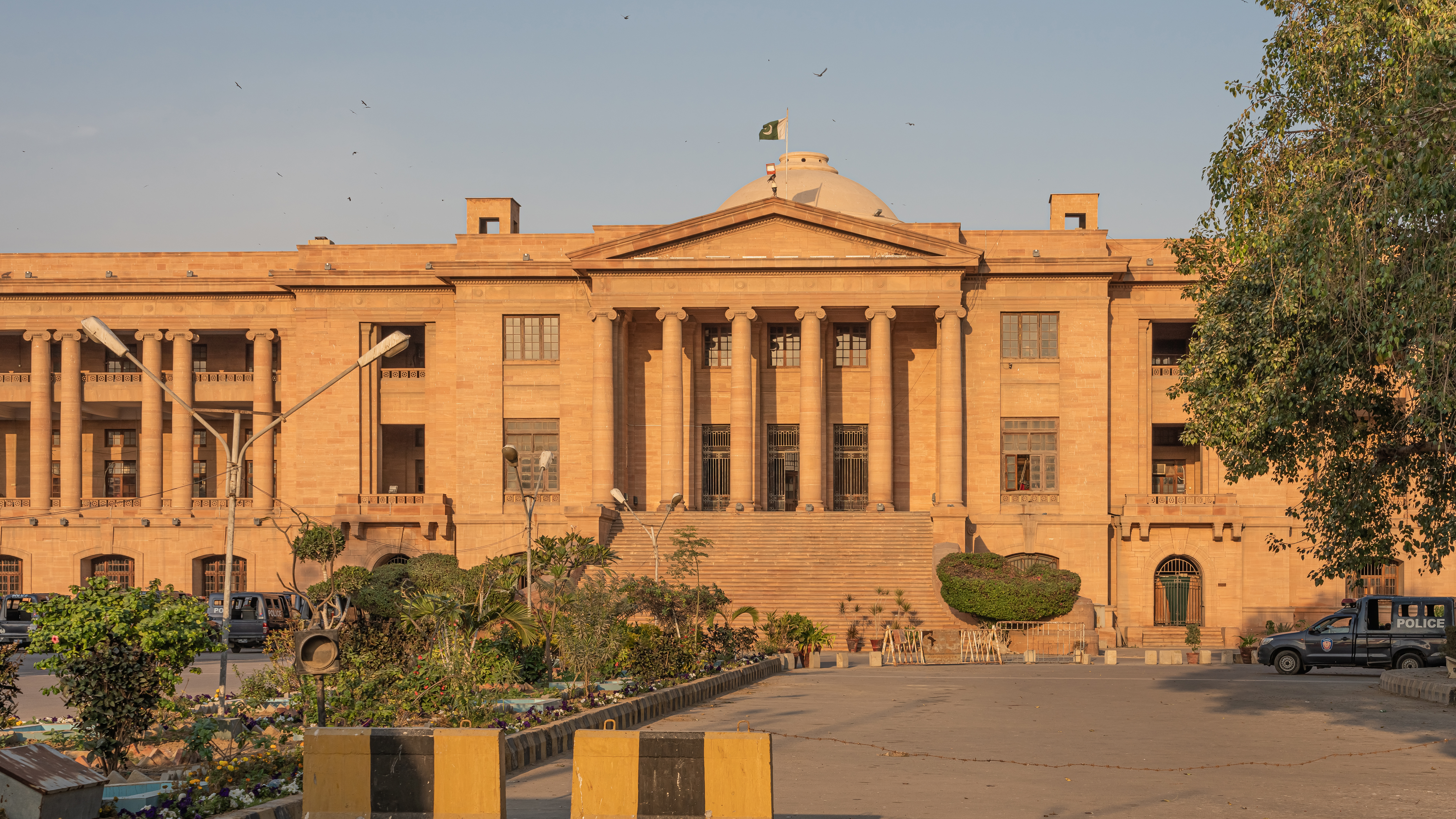LEGAL

The Sindh High Court on [date] declared petitions challenging the 26th constitutional amendment admissible, issuing notices to the Attorney General and Advocate General for their response within two weeks. The amendment, which reconfigures the Judicial Commission and introduces new members, has raised significant debate about its impact on judicial independence and the court’s role.
During the proceedings, the petitioner’s lawyer argued that the amendment compromises judicial independence by altering the composition and function of the Judicial Commission. The lawyer contended that the authority to amend the constitution lies with Parliament, but that amending the judiciary’s foundational structure threatens its impartiality. The court raised questions regarding the interpretation of Article 239, which prohibits judicial review of constitutional amendments. However, the petitioner's lawyer countered by referencing the Supreme Court's precedent on preserving the constitution’s fundamental structure.
Chief Justice of the Sindh High Court remarked on the limits of the High Court’s powers, noting that while the Supreme Court can review amendments, the High Court’s jurisdiction remains more limited. The petitioner’s lawyer voiced concerns over Parliament's control in judicial appointments, especially as several election petitions remain pending. The lawyer further argued that the amendment allows non-judicial members to influence judicial appointments, potentially eroding impartiality.
The Chief Justice underscored the equality of all judges, whether junior or senior, while questioning the petitioner's objection to a restructured Judicial Commission. He also pointed out that judicial appointments and assignments are managed routinely, with special benches established as necessary.
In response, the petitioner’s lawyer highlighted concerns over transferring appointment powers away from the judiciary to a commission where non-judicial members could outnumber judicial ones. With five judicial members and eight non-judicial members on the commission, the lawyer argued that the shift in authority affects the court’s traditional powers.
The Chief Justice added that the presence of a Pakistan Bar Council member on the commission represented the legal community’s voice. Nonetheless, he questioned whether the composition of the Judicial Commission truly undermines justice, urging the petitioner's lawyer to focus on core issues of judicial fairness.
As discussions continue, the Sindh High Court’s decision to deem the petitions admissible marks a critical moment in the ongoing debate over the 26th amendment’s implications for Pakistan’s judiciary.




